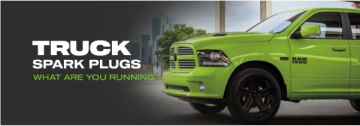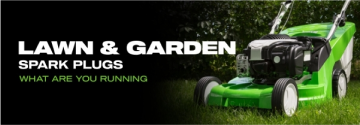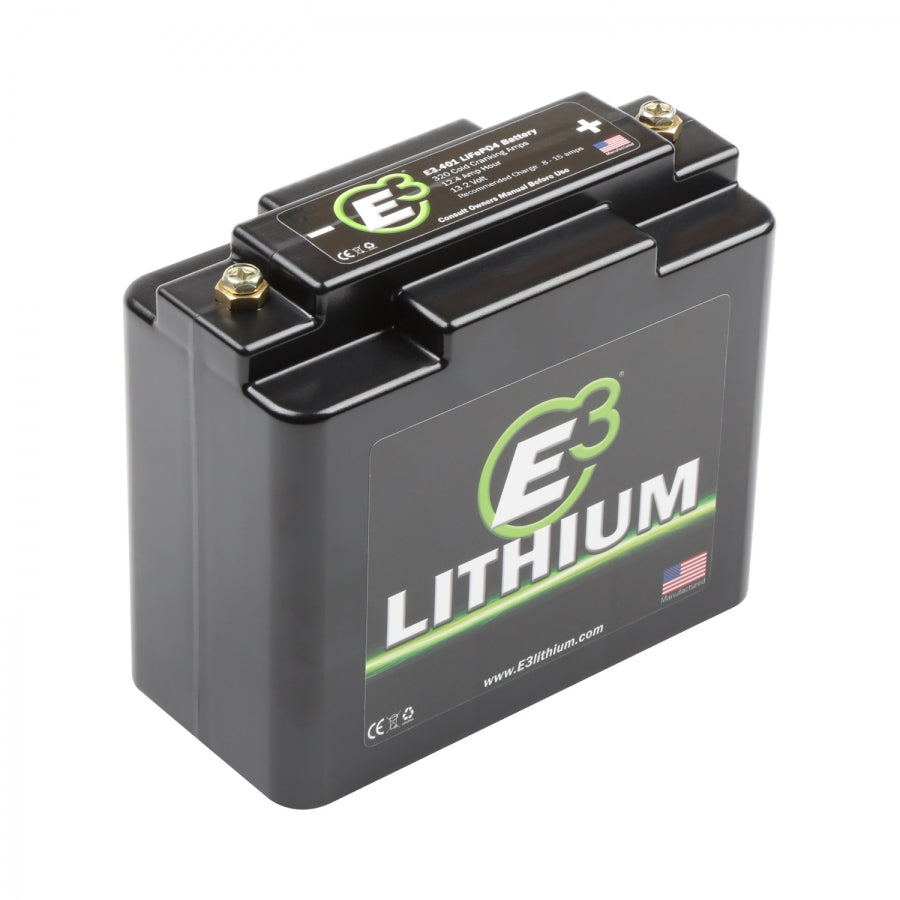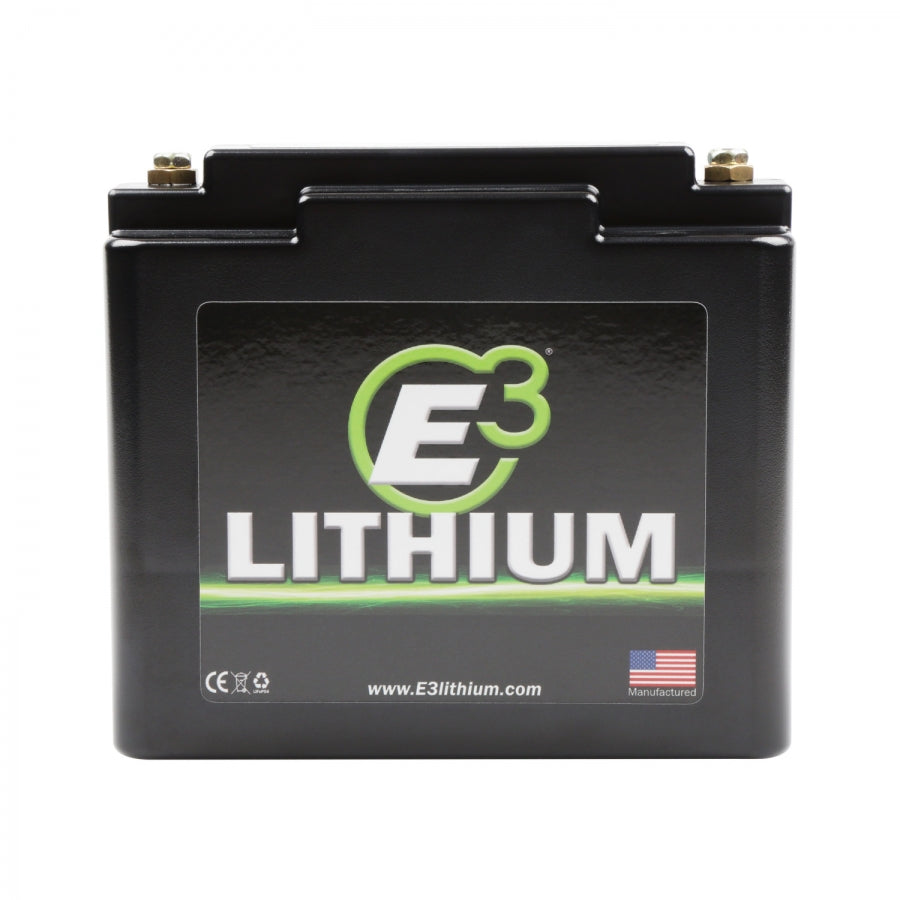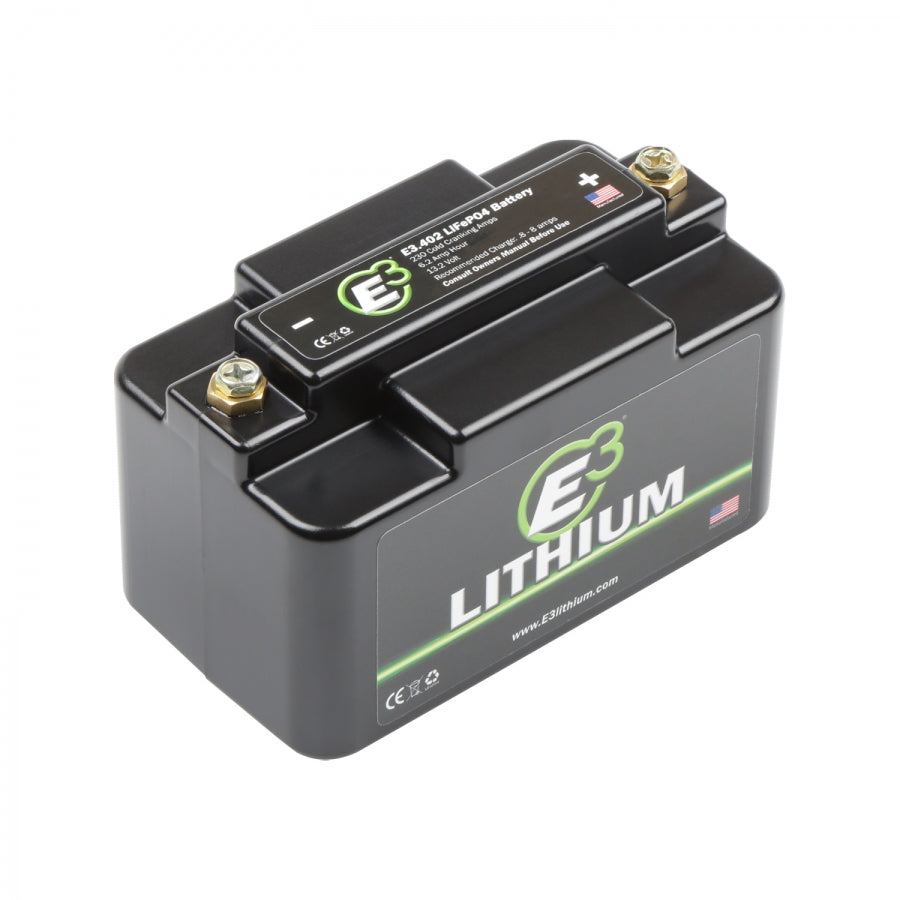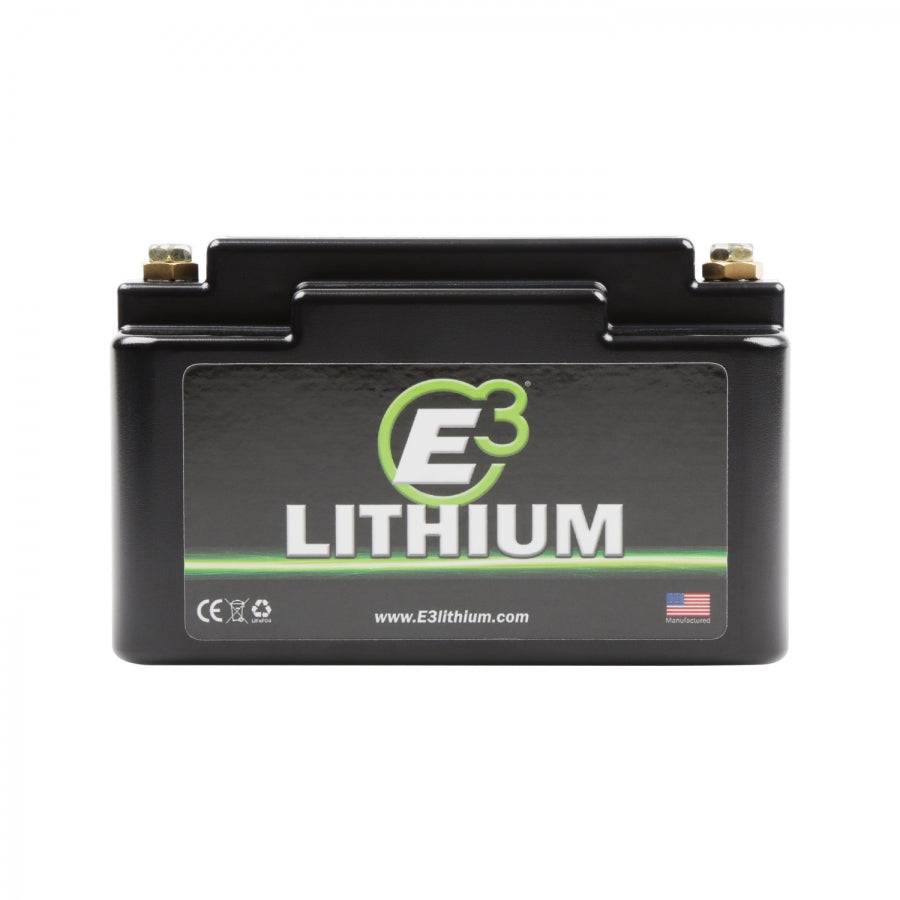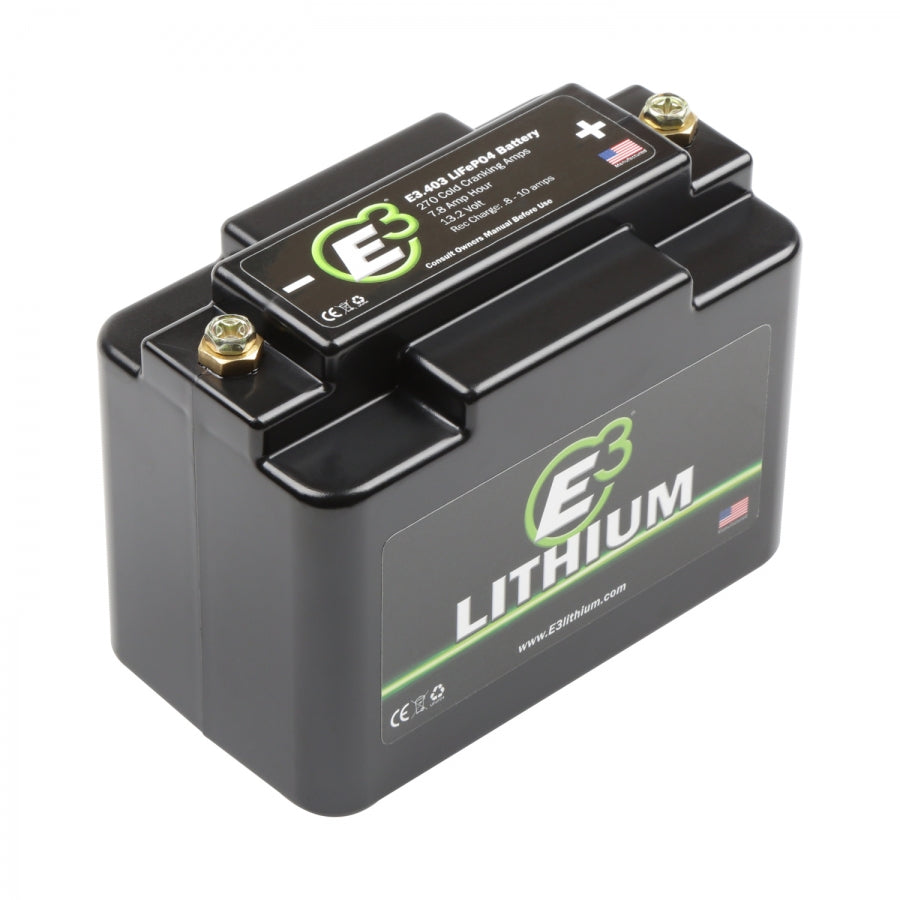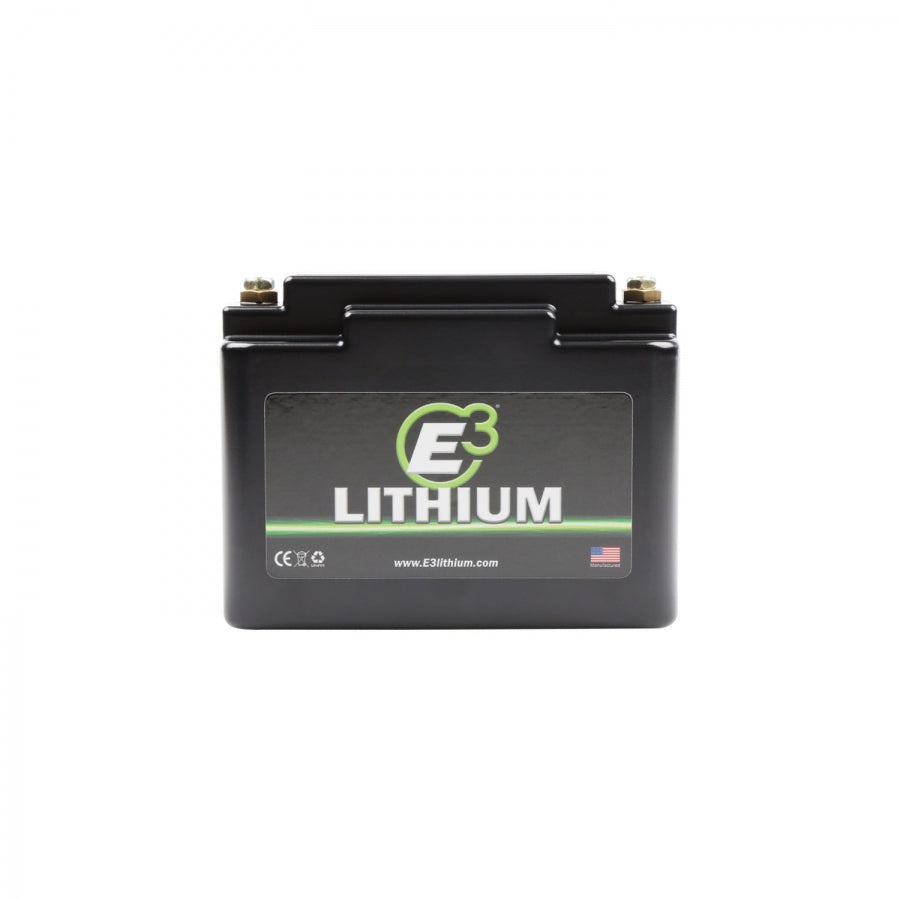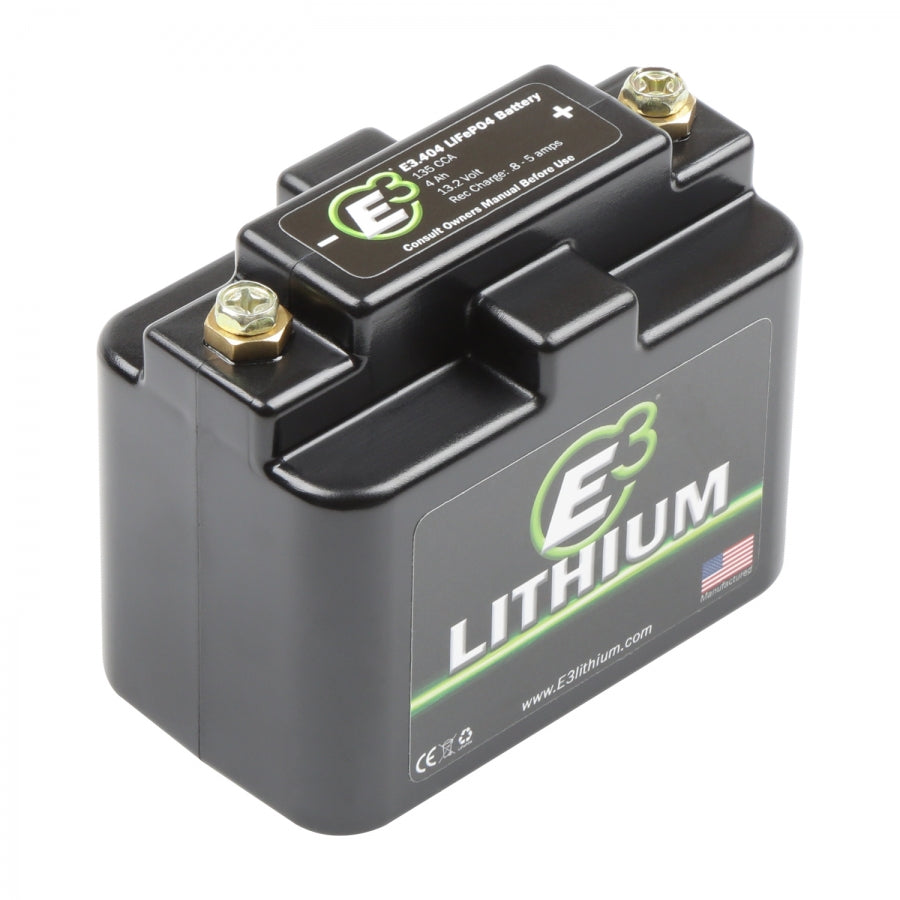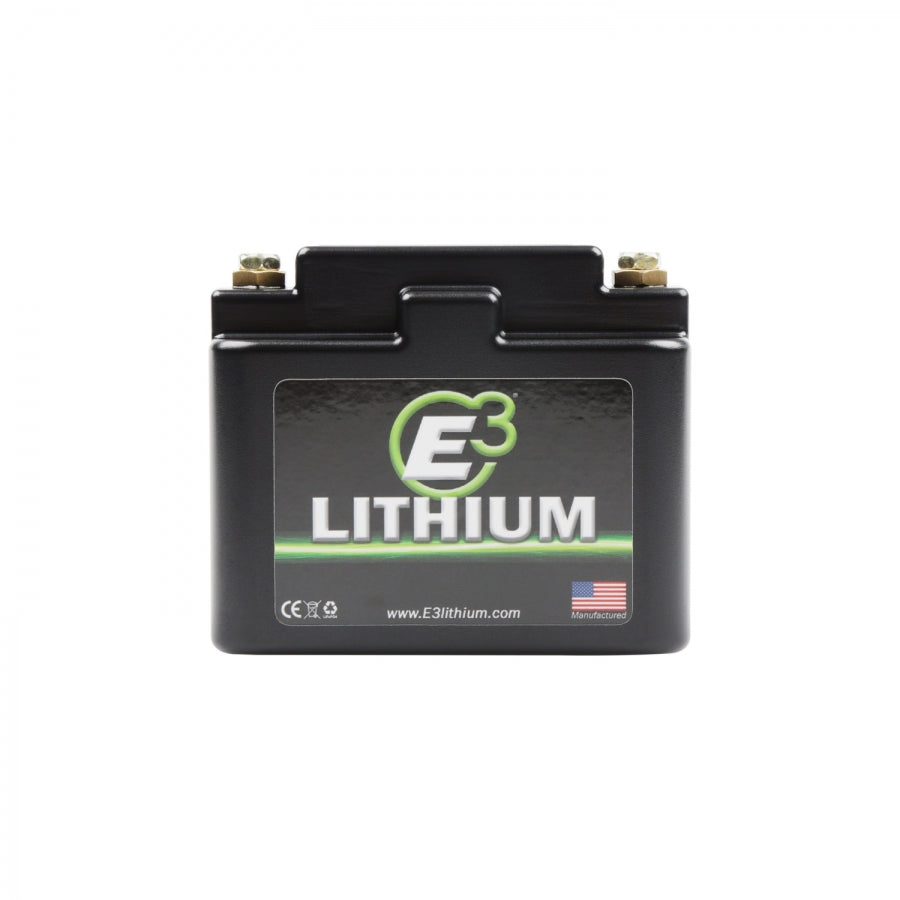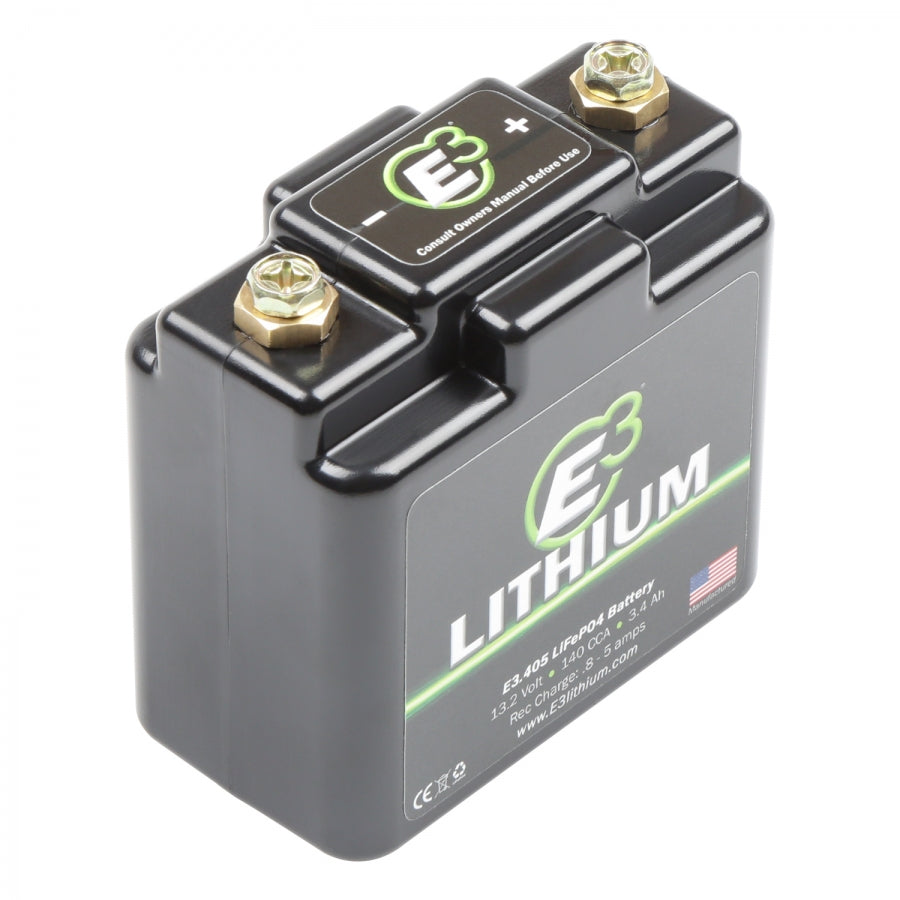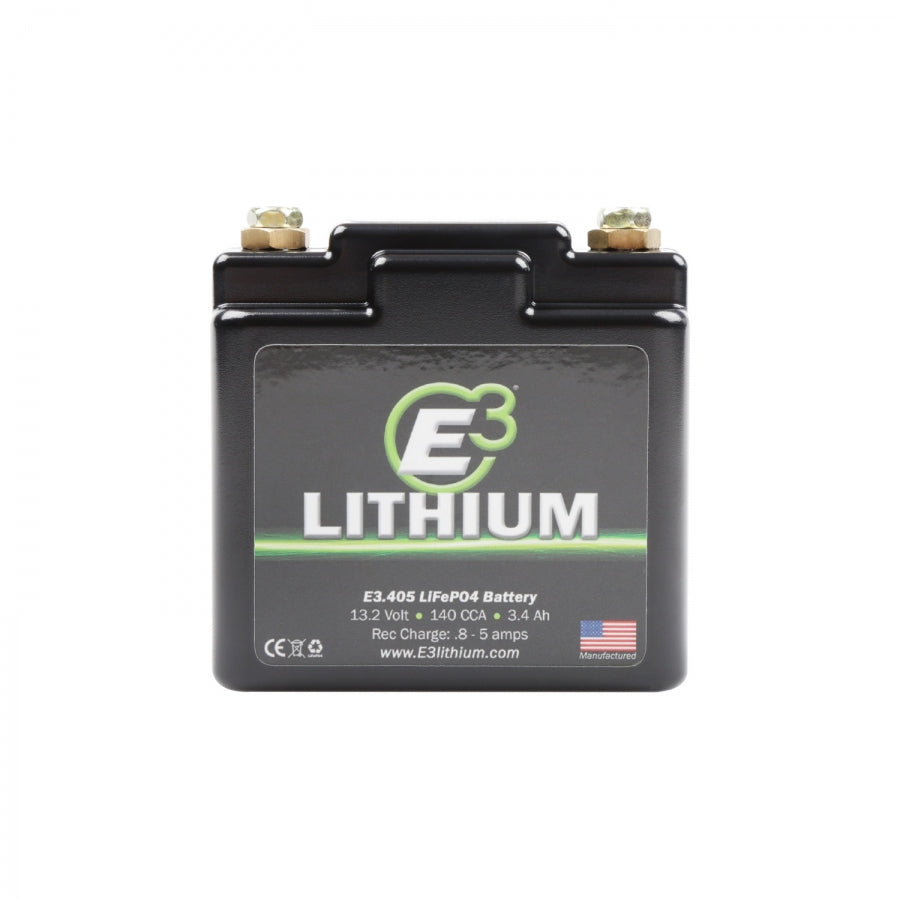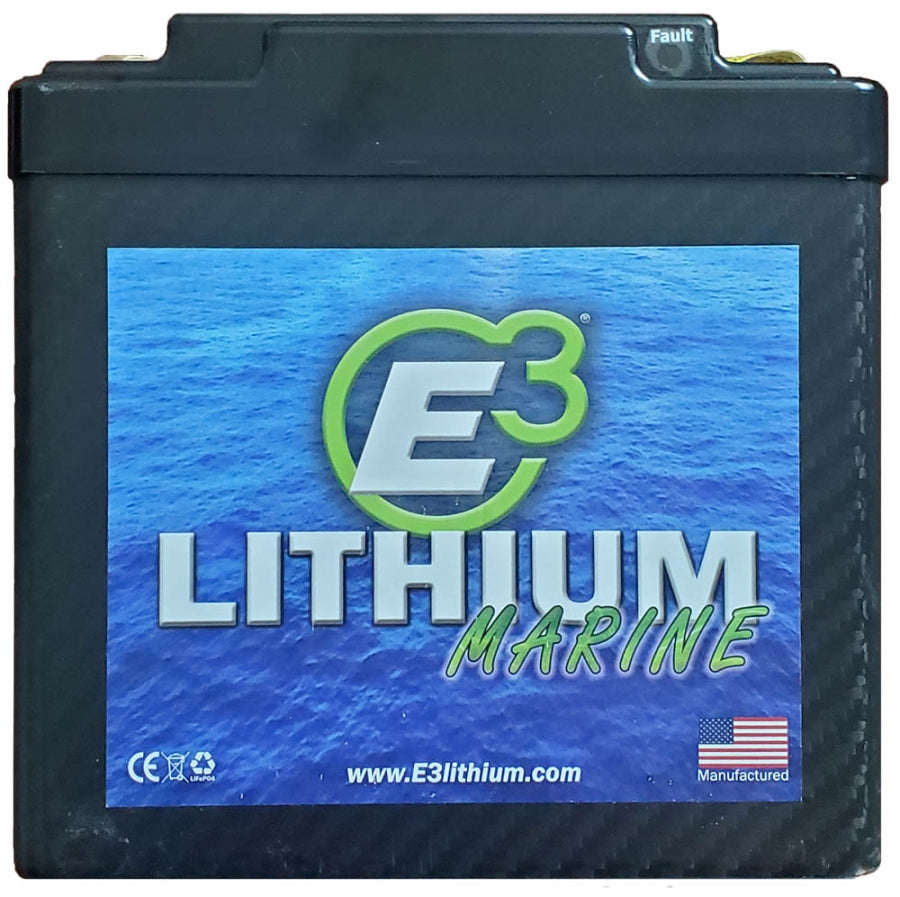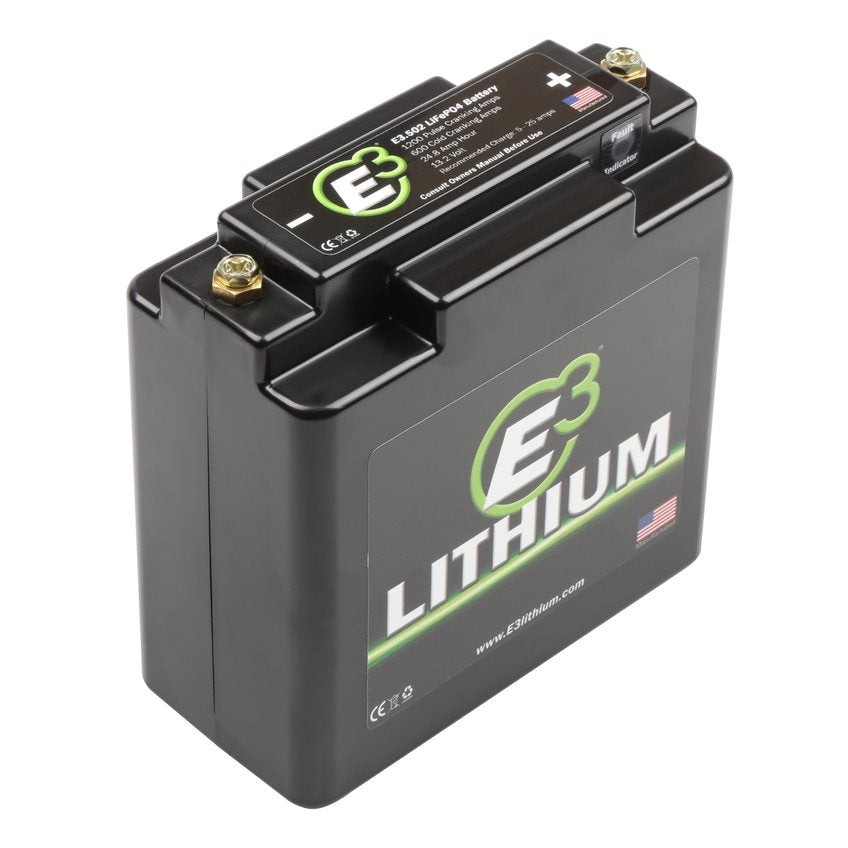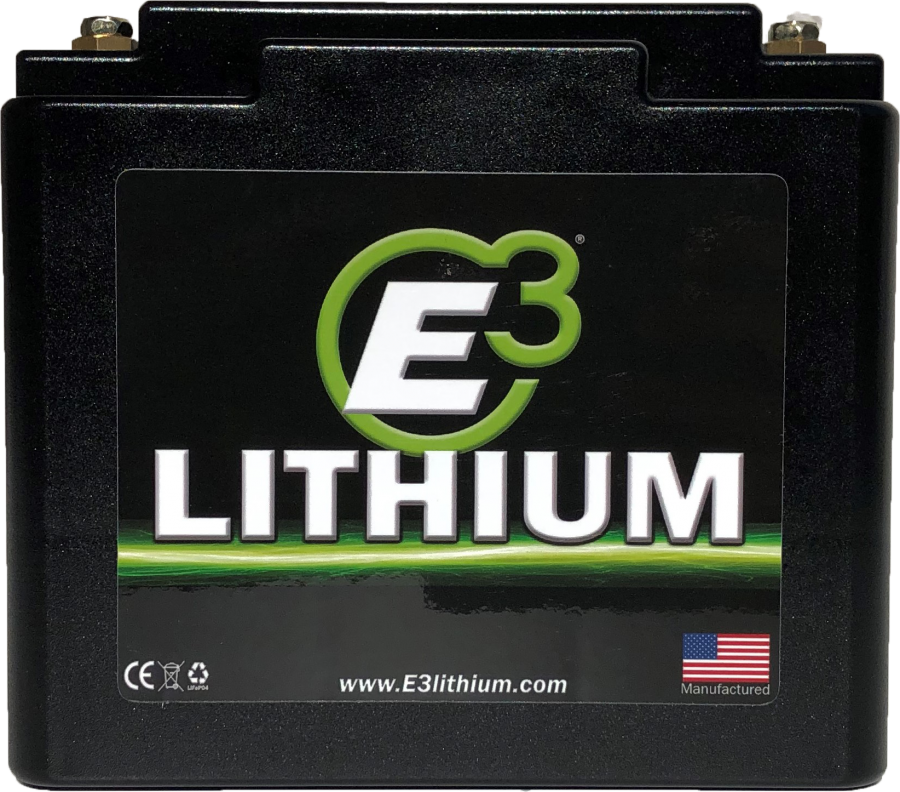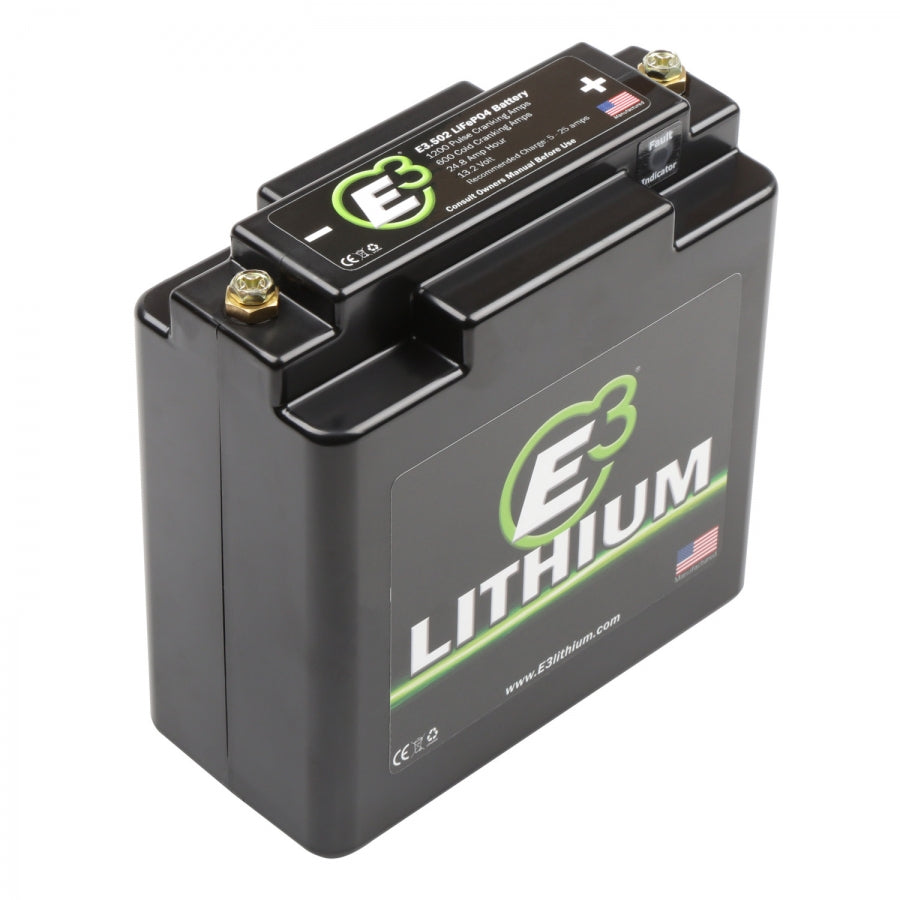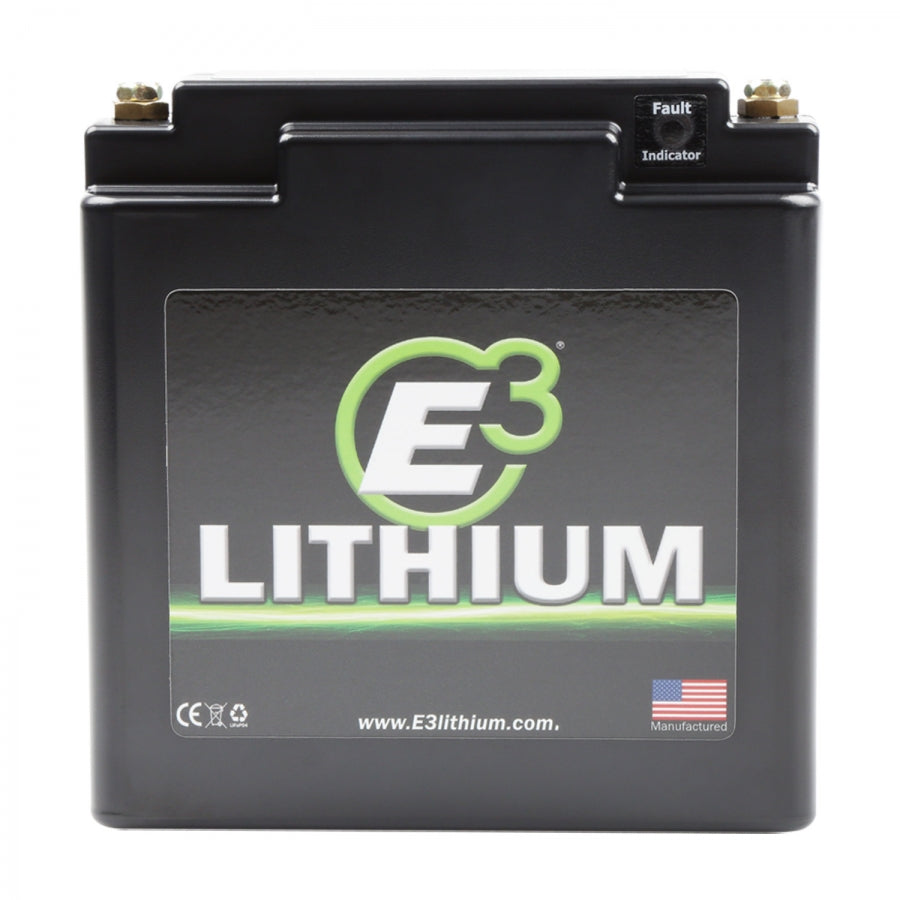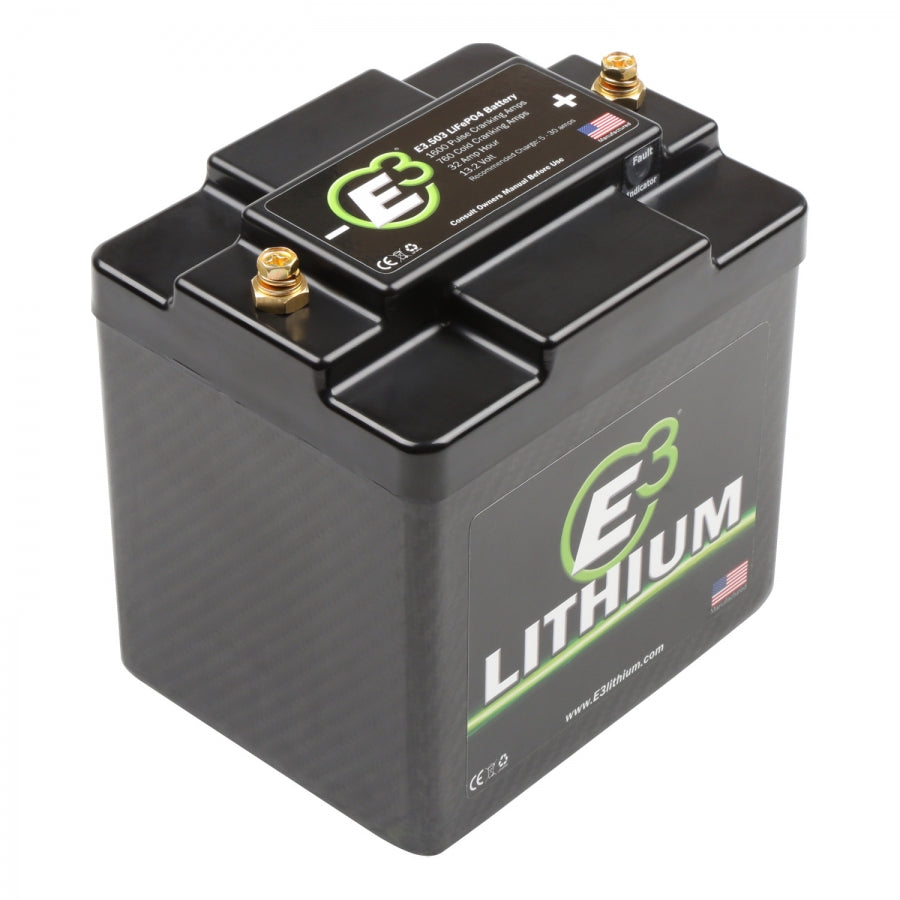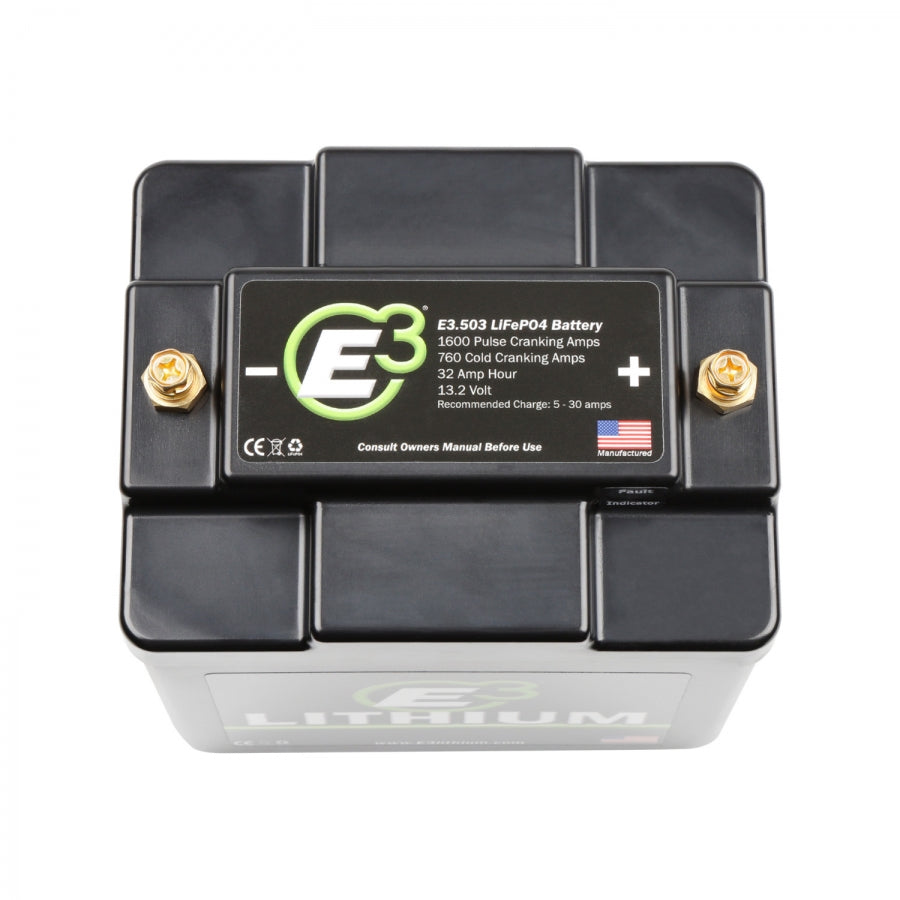
Lithium Batteries
Filtres
12 produits
Buy Lithium LiFePO4 Batteries
Searching online to buy lithium LiFePO4 batteries for your vehicles? Lithium iron phosphate batteries are quickly becoming a cost-effective replacement for outdated lead-acid batteries. For automotive, motorsports, or powersports applications where weight is a consideration, lithium is the lightest of the alkali metals. LiFePO4 batteries, also known as lithium iron phosphate, offer huge improvements over lead acid NiMH batteries in both capacity and shelf life. This type of lithium car batteries will not overheat and even if punctured will not catch fire. In comparison, lithium-ion batteries and lithium polymer batteries are more energy dense but lack the safety features of lithium iron phosphate batteries. The latest Lithium Iron (LiFePO4) battery edges out the Lithium Ion (LiCoCO2) battery by doubling its lasting power and overall discharge.
Although the initial purchase price to buy lithium LiFePO4 batteries is higher, the longer cycle life can make it a financially smart choice over a lead-acid battery. Just like your smartphone, you can plug in your electric vehicle when you get home, and it will be ready to go the next morning. In addition, when drivers buy lithium LiFePO4 batteries, you help the United States move toward a greater diversity of fuel choices for transportation with less reliance on fossil fuels. Electrification of vehicles can also reduce the emissions that contribute to climate change and smog as well as improve public health and reduce ecological damage. America’s reliance on petroleum leaves drivers more vulnerable to supply shortages and price spikes. Collectively, the U.S. used nearly six billion barrels of petroleum to fuel transportation. Moreover, fueling with electricity with renewable energy, such as solar or wind generated power, can minimize harmful environmental emissions even more.
All electric powered vehicles are relatively new to America, so few have approached the end of their battery’s lifecycle. However, in promoting solutions to help shape the future of battery recycling, the United States Department of Energy created a lithium battery recycling prize to identify innovative strategies for collecting, sorting, storing, and transporting discarded batteries for recycling, reusing, and recapturing mined metals. When you buy lithium LiFePO4 batteries, they have a high power-to-weight ratio, high energy efficiency, good high-temperature performance, and low self-discharge. As electric drive vehicles become more popular, widespread battery recycling will be a necessity to keep hazardous materials from harming the environment. Going forward, standardizing the design of EV batteries, and managing the materials used in cell design will also make recycling easier and more cost effective for battery recycling centers.
The percentage of a battery that can be safely drained of energy without damaging the battery is the battery’s depth of discharge. Electric vehicles normally use up to 85 percent of a lithium battery’s total capacity in a single cycle. By comparison, traditional lead acid batteries should not be discharged past 50 percent. A greater discharge can negatively impact the lifecycle of the lead acid battery. The superior depth of discharge possible with lithium-ion technology means, if you buy lithium LiFePO4 batteries, you get a higher effective capacity than choosing a lead acid option. Although electric vehicle sales were expected to soar last year, the projected sales plummeted amid the coronavirus pandemic and its effects on global markets in the U.S. and western Europe. Nonetheless, technological progress in the transportation industry has been astonishing with more than just cars becoming electric. The electrification of motorcycles, scooters, three-wheelers, ATVs, buses, and trucks has also expanded significantly.
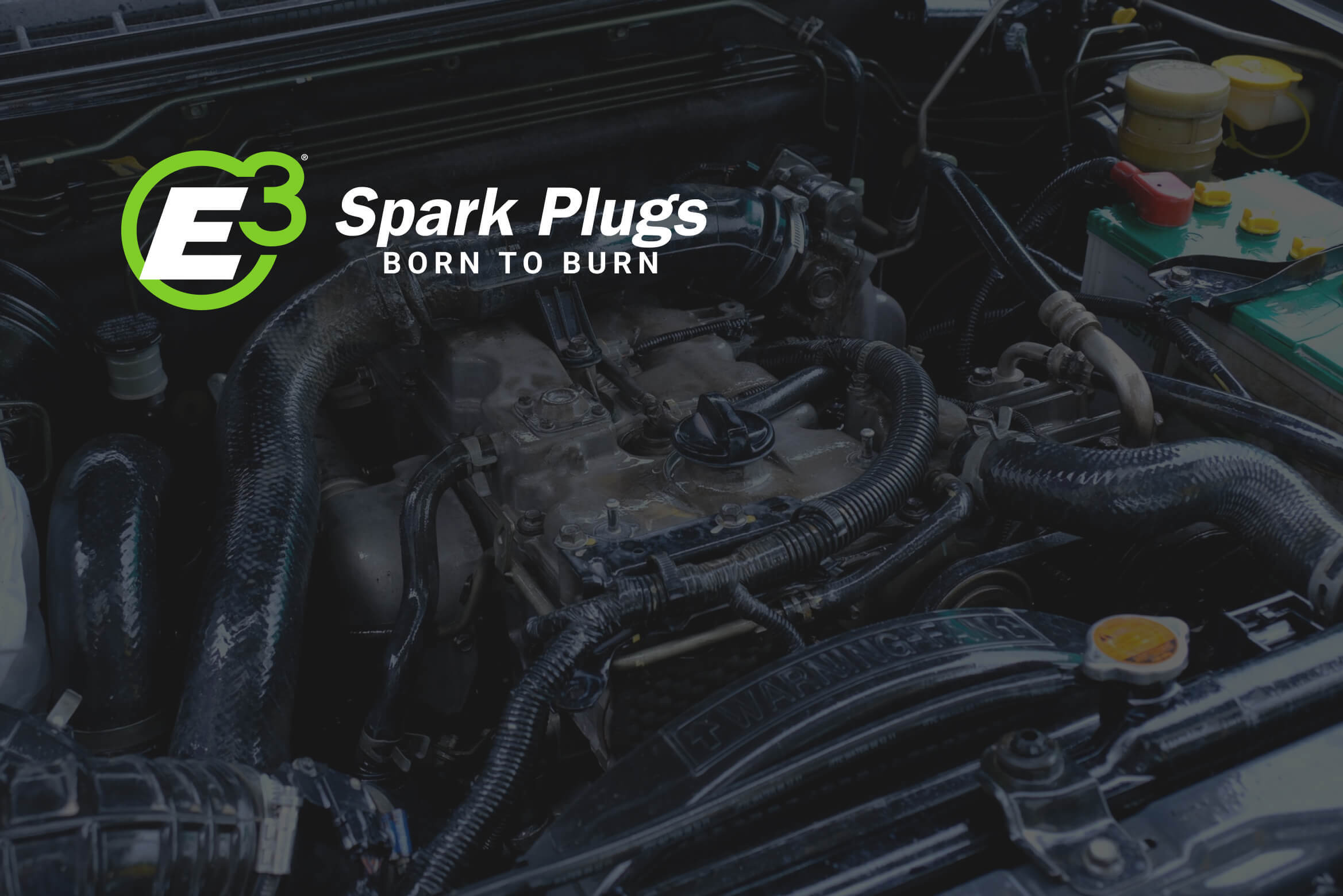
Different Types of Spark Plugs and Their Applications
Spark plugs are essential components in internal combustion engines. They serve a critical role in igniting the air-fuel mixture within the cylinders, which powers the engine. While engine spark p...
Distributed across nation
Find the E3 Spark Plugs in multiple stores
Free Shipping
Free US shipping on all orders of $35
Support
Our support team is available 10 a.m.- 5 p.m. EST
Secure Payment
All payments are processed securely

